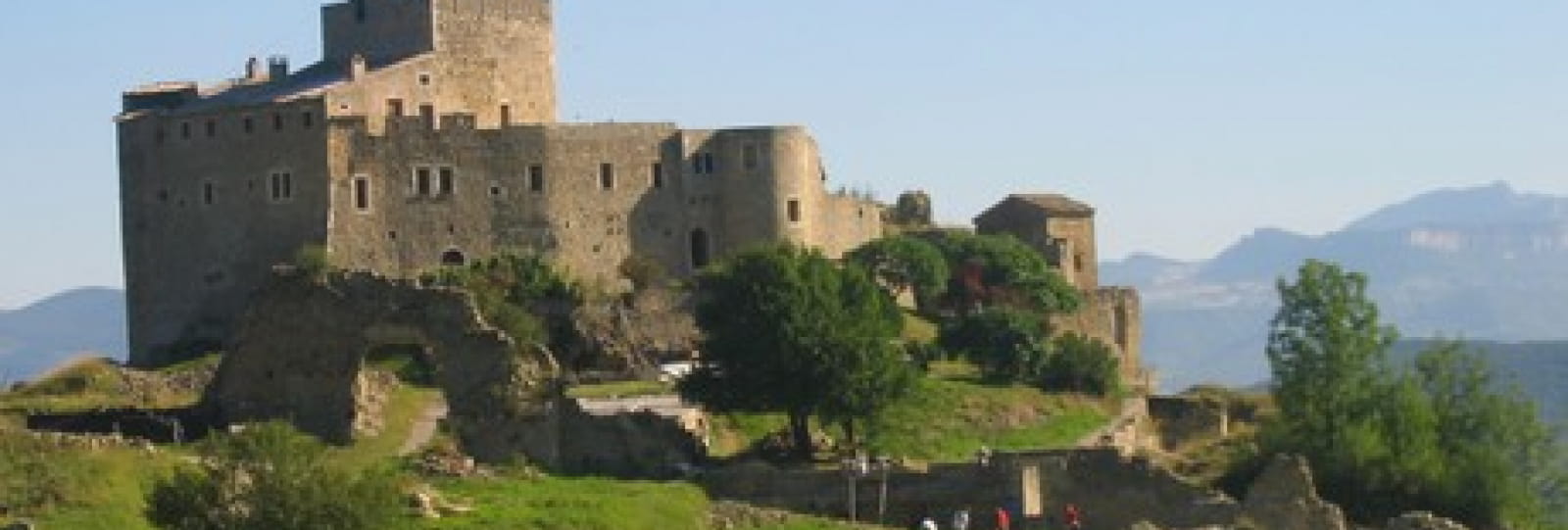
Piégros-la Clastre
At first, there were 2 villages: "Piégros" and "La Clastre". They merged in the year 8. Numerous conflicts took place in the village which was affected by the episcopal war and the religious wars. The castle was in ruins by the end of the wars.
Piégros has been known since 1332, and was successively called "Podium Grossum", "Puy Grossum", "Puigros" and "Piégos" (meaning on a promontory). In feudal times, the community of Piégros formed two seigneurial lands that were united in the 16th century: Piégros and Saint Médard.
The land of Piégros belonged to the Counts of Valentinois, who in 1358 granted it to the Poitiers Saint-Vallier family, who in 1528 sold it to the Sauvan du Cheylard family, who held it until 1769, when it passed to the Clerc de la Devèze family, the last lords.
The land of Saint-Médard, which included the Castrum Sancte Médars castle (1145), feudal capital of the entire mountainous area of Piégros-La Clastre, was originally owned by the Arnaud de Crest family, who granted it to the bishops of Die in 1145.
One half then passed to the Counts of Valentinois, who in 1734 granted it to the Poitiers Saint-Vallier family, who joined it to the Seigniory of Piégros. The other half, in the hands of the Blayns in the 16th century, was acquired in 1575 by the Tardivons. The latter then ceded it to the Lords of Piégros.
Before 1790, Piégros was a commune of the canton of Aouste, but the reorganization of the year VIII transferred the administrative center to the village of La Clastre, and the commune became Piégros-La Clastre, canton of Crest-Sud.
Further information
Opening
All year round, daily.
Prices
Free access.
Through Office de tourisme Cœur de Drôme - Pays de Crest et de Saillans






